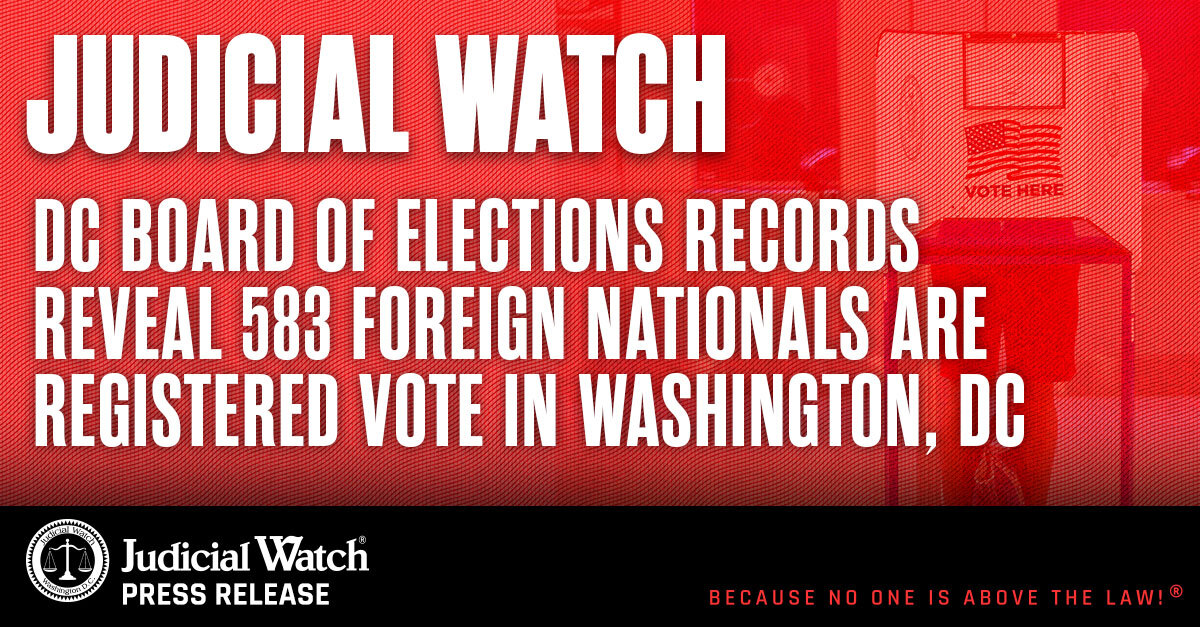

What About The U.S.?
Acknowledging that public corruption erodes democracy and rule of law, President George W. Bush announced a plan to internationalize efforts against “kleptocracy.”
The goal is to confront high-level, large-scale corruption by public officials and target the proceeds of their corrupt acts. Targets will include senior officials in executive, judicial, legislative and other official positions in government. Apparently, the president made the commitment at the recent G-8 Summit of world leaders in St. Petersburg.
The U.S. has committed to form a coalition of public and private financial centers that will deny access and financial safe havens to kleptocrats; to vigorously prosecute foreign corrupt offenses and seize illicitly acquired assets; deny physical safe haven and reinforce repatriation.
President Bush said the U.S. has committed to this plan because “corruption threatens our national interest and violates our values.” Furthermore, he said that “promoting transparent, accountable governance is a critical component of our freedom agenda.
Perhaps Bush can create an equally aggressive domestic anti-corruption plan that will offer Americans a more transparent and accountable government. His administration, after all, is notorious for its secrecy. A perfect example is the infamous energy task force, officially known as the National Energy Policy Development Group. Americans will never know who attended the meetings that helped develop their energy policy, although we do know that the policy was very kind to big oil and energy companies.














